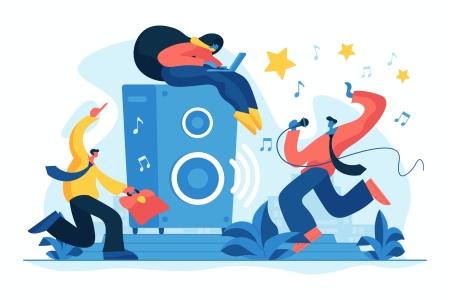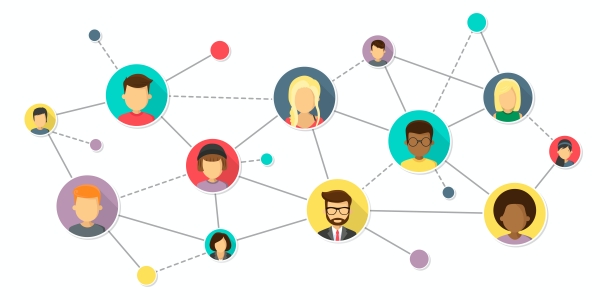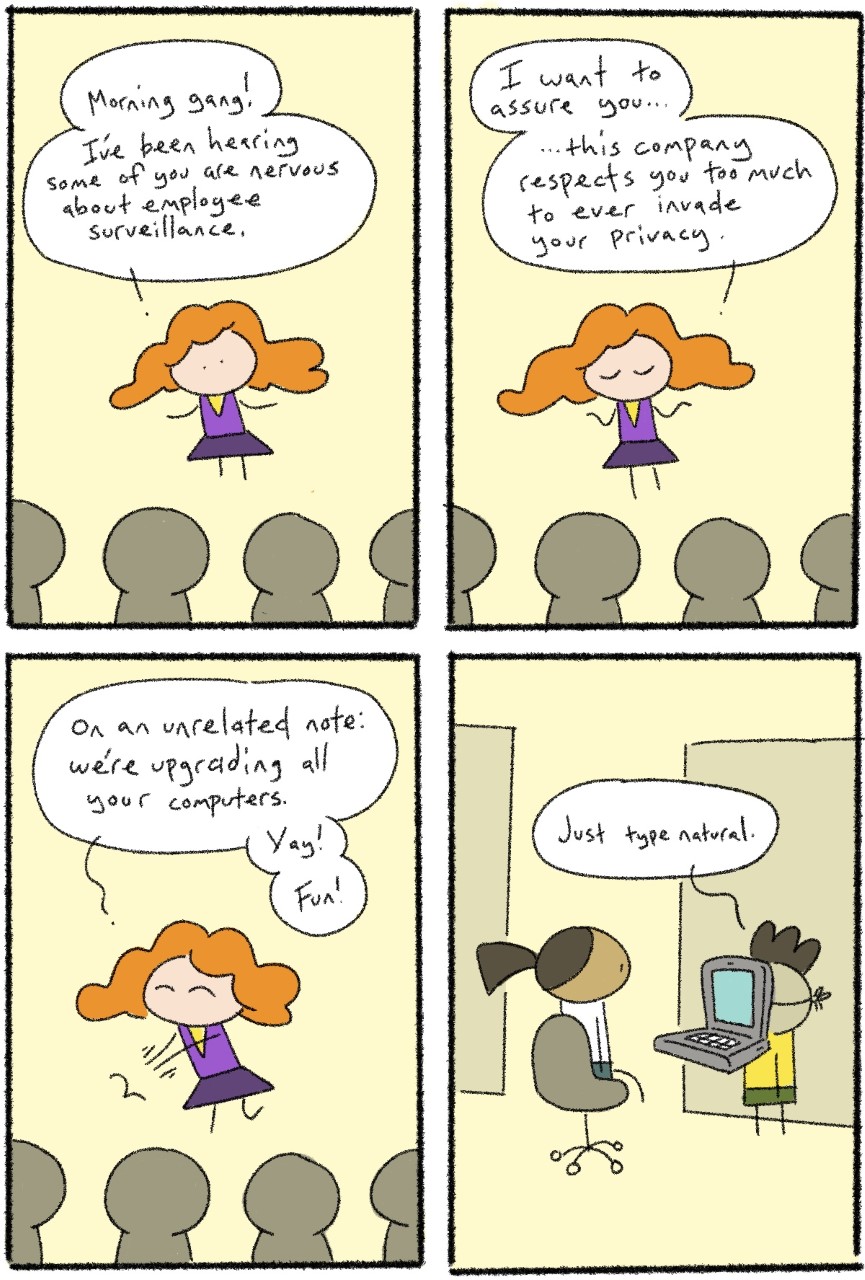We all know that music boosts our individual productivity, but can it do the same for an entire office? That’s the business case for TouchTunes, which offers a jukebox specifically for the workplace. CEO Ross Honey, a former executive at Microsoft — where he served as general manager of Xbox — believes the right soundtrack can build team spirit.
However, the modern audience has incredibly diverse tastes. Honey gave b. advice on how to select music in an inclusive, democratic manner.
b.: Why bring a jukebox experience into the workplace instead of everybody playing their own Spotify?
Honey: We know from our own office space — we have lots of jukeboxes here, as you might imagine, that … being able to select that music and play that music together as a group connected us in a way that just everyone listening to their own music with their earphones on couldn’t. “Hey, who chose this song?” “Well, that was me.” “I love that!” “Oh, gosh, Colleen’s playing another Britney Spears song.” “We know that was her; she’s always playing Britney.”
It just gets that dialogue and that communication going that brings people together in a really authentic way. Music is a universal language of connection. … The focus now is so much on connection, because just getting your work done, you can do it at home quite often.
b.: A finance office, a tech startup, and a fulfillment center are very different environments. Are some music genres better for specific tasks, such as creative work, physical labor, or spreadsheets?
Honey: Honestly, it is hard to categorize that by type of workplace. It really goes to who are the employees and what do they enjoy? … We have [a] location that said, “Hey, we want the catalog to be nothing but EDM. That’s all we wanna hear.” Sure, no problem.
The best music for specific workplaces or tasks is a function of the team … Unlike background music that no one can change, if the team is listening to the music they choose, then mood and productivity are likely to increase regardless of genre.
b.: Not all employees have the same taste. If some workers love a song or genre and others can’t stand it, how can that be resolved?
Honey: It is true that there is a lot of diversity in musical tastes — and what we find is that teams connect over figuring out what music they all like, as opposed to one person controlling the music. That might be an employee asking, “What does everyone want to hear?” Or it might be, “Hey, can we listen to something other than country for a while?”
If an office or team agree on what they absolutely don’t want to listen to, they can filter that out. Overall, we haven’t heard this as an issue from our customers.
b.: Is there a risk that music can distract workers instead of driving them?
Honey: The research we’ve seen is that music playing is overall conducive to productivity, morale, and energy level. It just brings a space alive that motivates and engages. And it makes sense. I mean, music has been with us since [humanity] began and it clearly strikes a chord in us.









